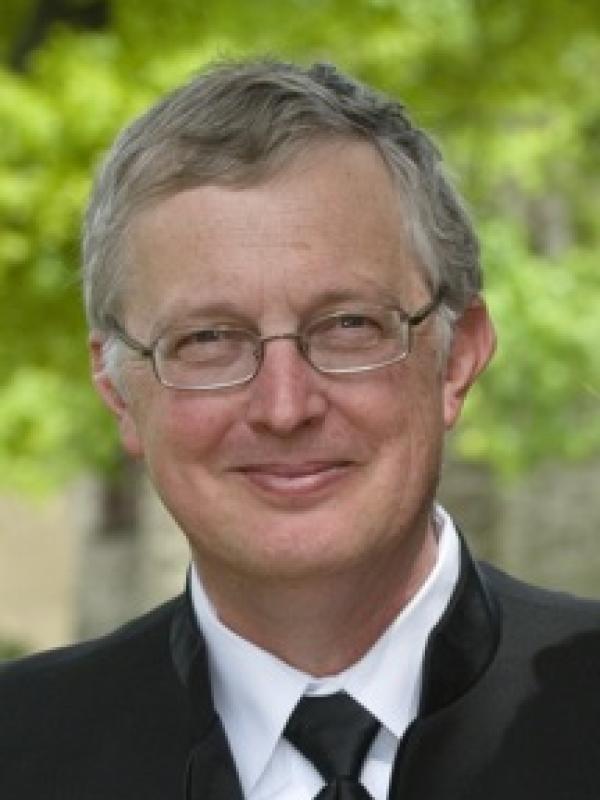Thomas Santner

Contact Information
Professor Emeritus
Areas of Expertise
- Computer Experiments
- Model Uncertainty and Selection
- Uncertainty Quantification
- Experimental Design
Education
- PHD, Purdue University (1973)
My research interests are in the design of experiments, most recently in experiments that involve deterministic computer simulators as experimental platforms, either alone or in combination with a traditional physical experiment. With Brian Williams and Bill Notz, I am the co-author of the book ``The Design and Analysis of Computer Experiments'' on this subject. With Robert Bechhofer and David Goldsman, I am co-author of a book on the design of experiments for statistical selection and screening. I have special interest in applying statistical methods to study the performance of bone-implant systems and on the development of biomaterials for joint restoration. I have a long-term collaboration with
colleagues at the Hospital for Special Surgery working on such projects.
Thomas Santner is professor emeritus in the Department of Statistics at The Ohio State University. At Ohio State, he has served as department Chair and Director of the Department's Statistical Consulting Service and Chair of the Division of Biostatistics in the School of Public Health. Previously, he was a professor in the School of Operations Research and Industrial Engineering at Cornell University where he served as Graduate Studies Chair for the Field of Statistics. He is a Fellow of the American Statistical Association, the Institute of Mathematical Statistics, and the American Association for the Advancement of Science, and is an elected ordinary member of the International Statistical Institute. He has held visiting appointments at the National Cancer Institute, the University of Washington, Ludwig Maximilians Universität (Munich, Germany), the National Institute of Statistical Science (NISS), and the Isaac Newton Institute (Cambridge, England). He has been awarded numerous grants by NIH, NSF and other agencies.
